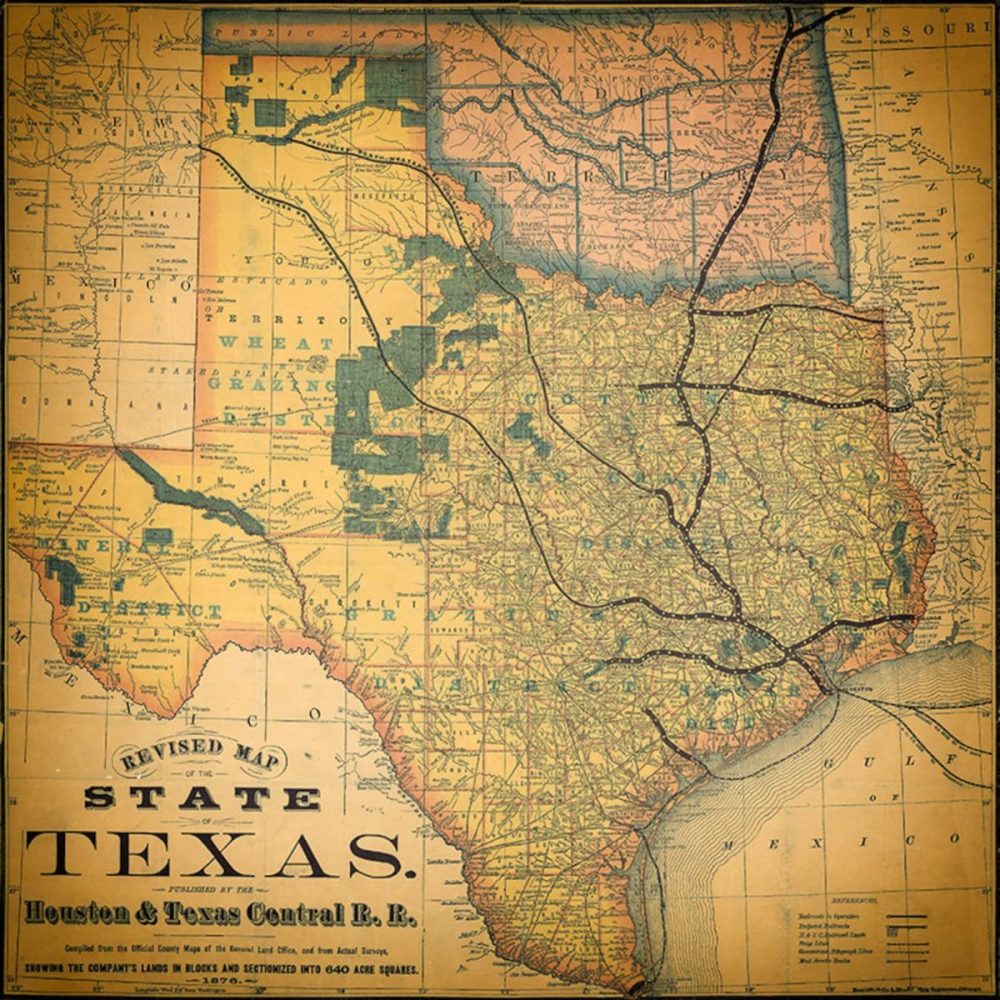Abbott Calls for Criminal Investigations Into Sharia Courts
November 20, 2025 – Texas Gov. Greg Abbott is urging law enforcement officials to launch criminal investigations into reports that unauthorized sharia-based tribunals are operating in North Texas. The governor’s directive follows claims that an organization known as the “Islamic Tribunal” has been conducting dispute-resolution proceedings in Collin and Dallas counties while presenting itself as a legitimate judicial body.
In a letter sent to local district attorneys, county sheriffs, the Texas attorney general, and the Department of Public Safety, Abbott warned that certain groups may be “masquerading as legal ‘courts’ staffed with ‘judges’ issuing orders” under the guise of Islamic law. He emphasized that although the First Amendment allows religious institutions broad freedom to address internal theological or ecclesiastical matters, that freedom does not include the authority to operate as a parallel legal system or issue rulings that purport to carry civil or criminal force.
Abbott’s concern centers particularly on the Islamic Tribunal’s claims that it handles a wide array of disputes in the Dallas area and that it purportedly has “the approval of the Texas Judicial system.” According to Abbott, these assertions are inaccurate and potentially unlawful. He stressed that no private body may claim judicial authority or issue binding decisions outside the framework of state and federal law.
The governor’s letter underscores that Texas courts must adhere to American legal principles, including due process protections, and cannot be supplanted by religious tribunals. “Legal disputes in Texas must be decided based on American law rooted in the fundamental principles of American due process, not according to Sharia law dispensed in modern day star chambers,” Abbott wrote.
The directive calls on authorities to determine whether any entity is falsely presenting itself as a court or violating statutes related to the unauthorized practice of law. The investigations, if pursued, could clarify the boundaries between permissible religious mediation and illegal attempts to replicate judicial functions within the state.







